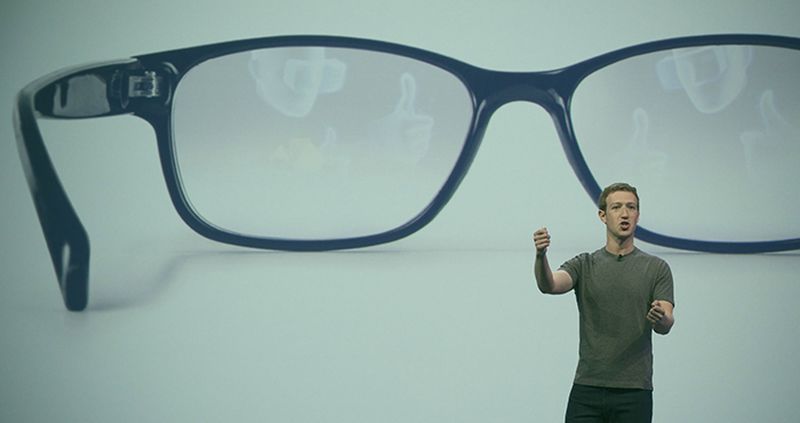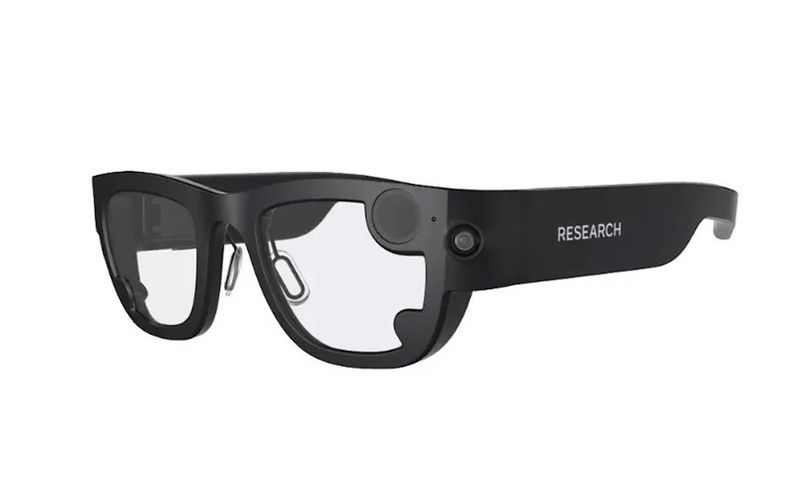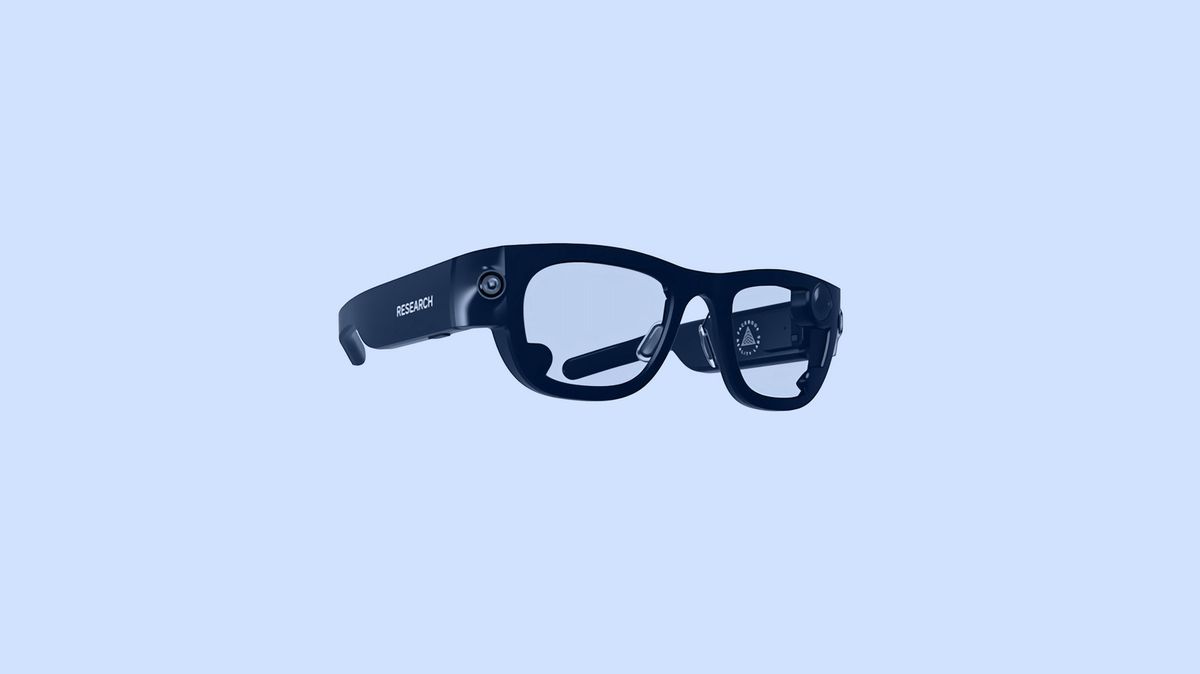The parent company of Facebook is hard at work on its Project Nazare initiative and plans to release its first Meta AR glasses in 2024. According to anonymous sources, the firm intends to launch its first AR glasses as part of Project Nazare, The Verge reports.
Meta AR glasses might be a reality in 2024
In 2026, a “lighter, more advanced” version would be available, and in 2028 there will be a third model. The first model will operate independently of your phone; you’ll need a “phone-shaped device” to handle the computing and rely on a CTRL-Labs-derived electrical pulse-based wristband for control.

The first prototype might be built on Android and include “full” AR with 3D visuals, eye tracking, an outward-facing camera, stereo sound, a broad field of view, and a “socially acceptable” appearance. The primary feature would be interaction with other people’s “holograms,” much like Meta depicted in a video that accompanied its big rebranding last fall. According to Facebook CEO Mark Zuckerberg, this will provide a more immersive experience than regular video calling.
A tiny screen in a pair of phone-paired smart glasses, dubbed Hypernova, would display notifications. In 2024, Hypernova will make its debut.
The reputation of the company is dependent on Meta AR glasses
According to reports, the first Project Nazare eyewear sales targets are modest. The glasses may just be sold in the “low tens of thousands” to fans and developers. Zuckerberg, on the other hand, appears to consider them essential. According to a former employee interviewed by The Verge, Zuckerberg wants Meta AR glasses to be remembered as an “iPhone moment”: a big launch that transforms the industry and redefines the company.
Whether or not they reach their goal is another story. Meta has had several challenges, including a canceled custom (if Google Fuschia-based) OS and staff changes. The prototype hardware also has its limits. It’s about four times as heavy as regular glasses and lasts only four hours on a charge because it uses cutting-edge microLED projectors and waveguide technology.

Last year Facebook Project Aria AR glasses were leaked and the prototype was looking similar to normal sunglasses. That project never came to reality.
Meta’s reputation is gradually getting worse as a result of privacy concerns, content issues, and regulatory pressure. It’s also battling flat user growth because competition like TikTok is eating away at its core market. Meta AR glasses will apparently assist the company in moving past incidents and regaining the innovator crown it had in the early years.





